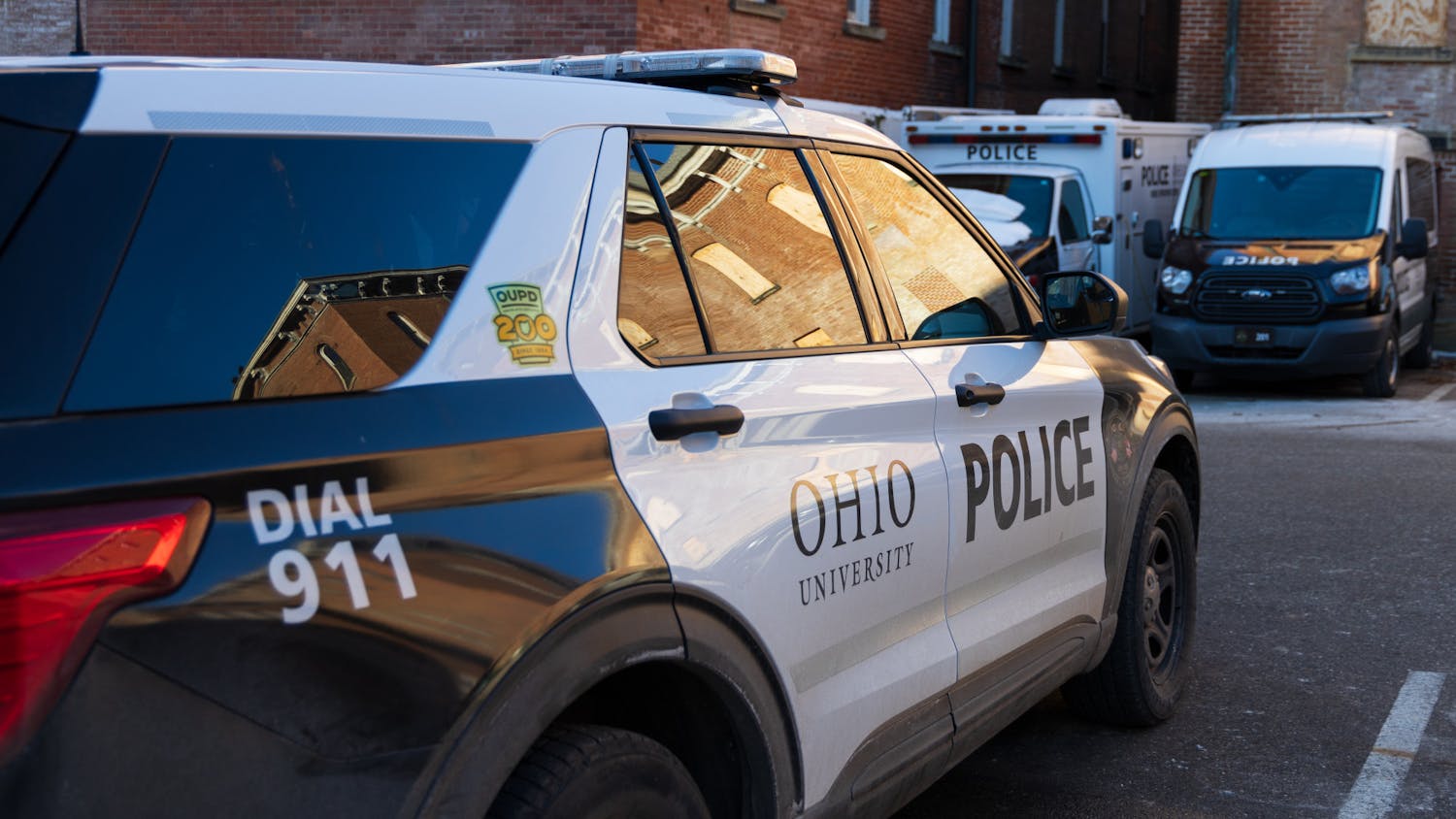Last year, about 150 Olive Ridley turtles became trapped in a net and died on Kothapeta beach in India.
Even though OU students don’t necessarily live close to any turtles, Willem Roosenburg, associate professor in the department of biological sciences, said students can make conscientious decisions to positively affect that environment.
Roosenburg will be the second of six speakers for the Winter Colloquium Series for the Department of Geography. His presentation, 4 p.m. Friday at 119 Clippinger Laboratories, will mark Roosenburg’s first time speaking outside of his home department.
“I’m going to be talking about an environmental research project called the Poplar Island Environmental Restoration Project,” Roosenburg said. “I will talk about my role in studying the island as the restoration project is developing in helping the turtles.”
The research project began in the early 1990s by the Port of Baltimore, the Army Corps of Engineers and the Maryland Environmental Service. The groups are building a substantial island that will provide a safe environment for the turtles Roosenburg studies, as well as other wildlife.
“Years ago, the island was 200 acres in size; however, over the last 150-200 years, the island has eroded, and by 2000, there was only about 8 acres of the island that remained,” Roosenburg said. “The new footprint of the island is 1,200 acres, and when it is finished, it will be 1,800 acres.”
Roosenburg’s presentation will also include “halfway technologies,” conservation strategies that treat the symptoms but do not address the problems themselves.
“One of the things people have been doing is releasing turtles in locations where there are crab pods, which are used to capture blue crabs in the area, the crab pods also capture turtles which kill the turtles,” Roosenburg said.
Although “halfway technologies” find a way to temporarily solve ecological problems, they don’t permanently solve them, he said.
“I want students to learn that when we do conservation, one of the things we want to do is address the problem and not just the symptoms, so that way, if we spark change, we have long-term effects instead of just patches or Band-Aids on the problem,” Roosenburg said.
bc822010@ohiou.edu





